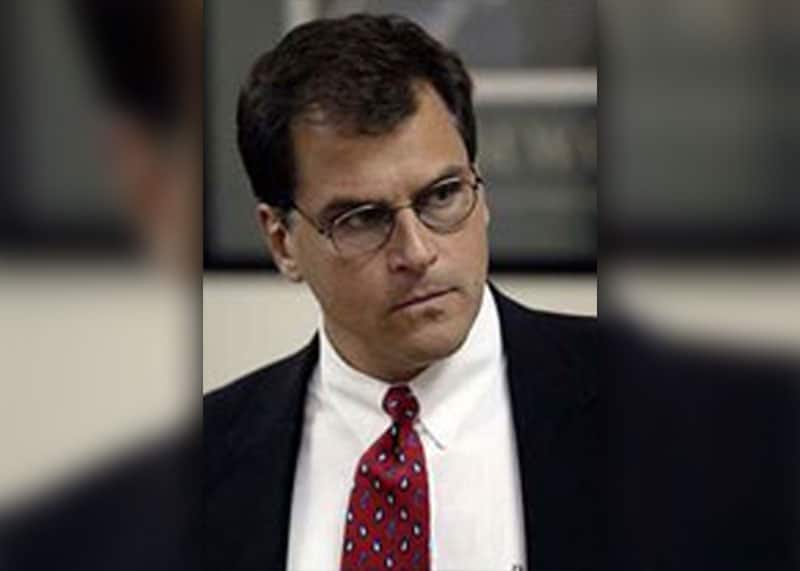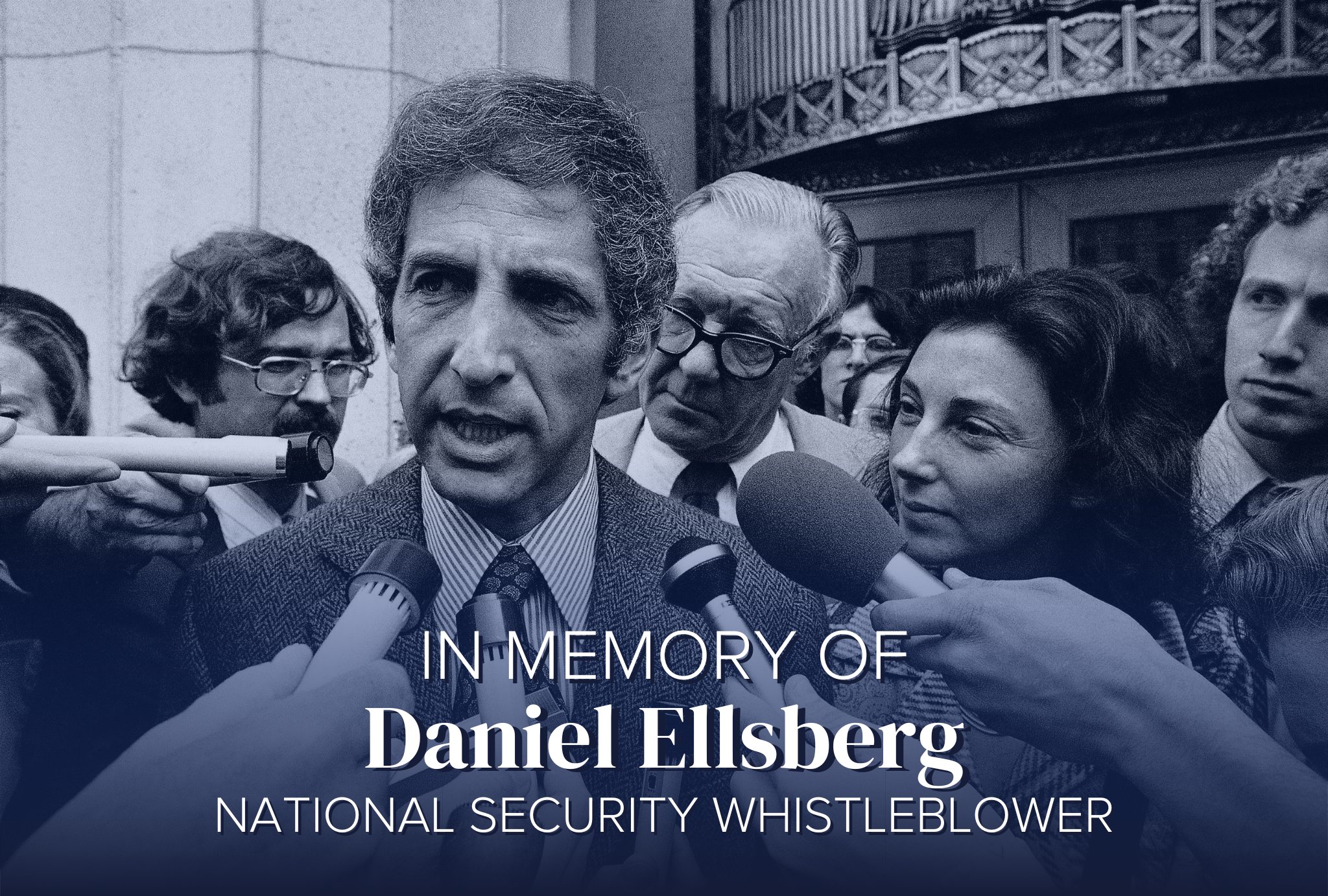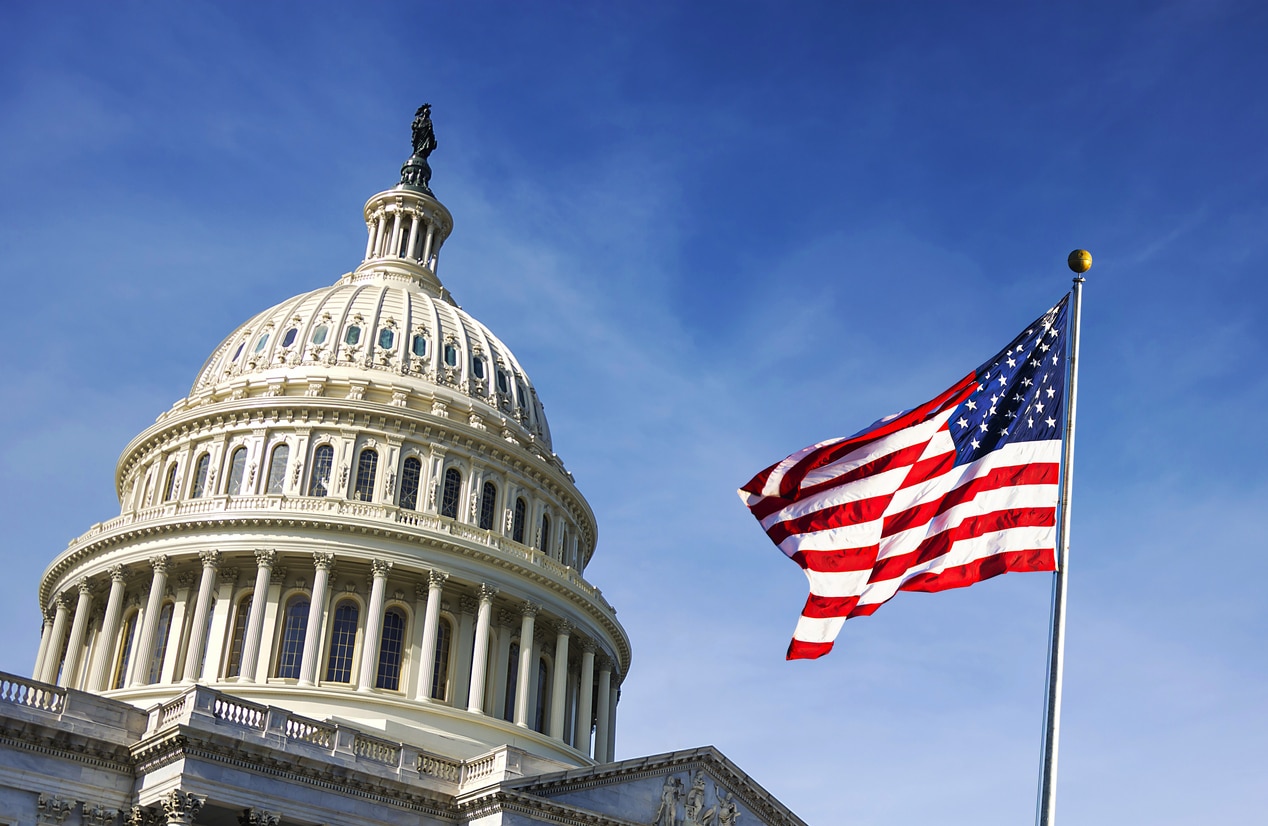Protections for FBI Whistleblowers: A Comprehensive Guide
Explore our comprehensive guide on protections for FBI whistleblowers, detailing the vital legal safeguards and our firm's unwavering commitment to defending those who courageously report misconduct within the FBI. Learn about landmark cases, laws, and our expertise in advocating for transparency and justice in federal law enforcement.
May 14, 2025

This information is provided for educational purposes only by Kohn, Kohn & Colapinto and does not constitute legal advice. No attorney-client relationship is created by accessing this content. Laws and regulations may change, and this material may not reflect the most current legal developments. If you believe you have a whistleblower claim, consult a qualified attorney to discuss your specific circumstances.
An FBI whistleblower is an employee or former employee of the Federal Bureau of Investigation (FBI) who comes forward to report misconduct, illegal activities, or violations of rules and ethics within the agency.
Whistleblowing is a critical but often perilous endeavor, particularly within high-profile organizations like the FBI. Those who come forward with reports of misconduct within the FBI face potential risks, including retaliation and career jeopardy.
This guide aims to demystify the legal protections available to FBI whistleblowers, emphasizing the importance of safeguarding individuals who courageously speak out against wrongdoing.
FBI Whistleblower Protections
Whistleblower protections serve as an important defense for individuals who report unethical or illegal activities. Within the FBI, these protections are vital for maintaining the integrity of federal law enforcement. Laws like the Whistleblower Protection Act (WPA) and the FBI Whistleblower Protection Enhancement Act offer safeguards against reprisals such as unfair dismissal, demotion, or other forms of discrimination. These protections ensure that whistleblowers can report misconduct without fear of adverse consequences.
Whistleblowers within the FBI typically come forward in instances of:
- Corruption – exposing instances of bribery, nepotism, or other forms of corruption within the agency.
- Civil Rights Violations – reporting on unlawful surveillance, illegal detentions, or infringements on constitutional rights.
- Public Safety Threats – highlighting actions or oversights that could pose a risk to public safety or national security.
By shedding light on these issues, whistleblowers play a pivotal role in upholding the law and the principles of justice.
Specific Laws and Enforcing Bodies
The below laws are enforced by agencies such as the Department of Justice (DOJ), the Office of Special Counsel (OSC), and the Merit Systems Protection Board (MSPB). These bodies investigate claims of retaliation, provide advisory opinions, and can impose disciplinary actions against individuals or entities violating whistleblower protection laws.
- Whistleblower Protection Act (WPA) – enacted in 1989, it provides federal employees with protections against retaliatory actions. The WPA covers a broad range of disclosures, including those related to violations of laws, gross mismanagement, and threats to public health or safety.
- FBI Whistleblower Protection Enhancement Act – tailored specifically for the FBI, this act extends protections to a wider range of disclosures and strengthens enforcement mechanisms.
There several other laws that may also apply, depending on a whistleblowers role within the FBI:
- Intelligence Community Whistleblower Protection Act (ICWPA) – although primarily focused on the intelligence community, this act can be relevant to FBI employees working in intelligence roles. It provides a mechanism for intelligence personnel to report concerns to Congress while protecting their identities and safeguarding against retaliation.
- False Claims Act (FCA) – this law is particularly relevant in cases involving fraud against the federal government. Under the FCA’s qui tam provisions, whistleblowers (referred to as “relators“) can file lawsuits on behalf of the government against entities defrauding it and potentially receive a portion of the monetary recoveries.
Each of these laws has specific criteria and processes for reporting and protection, so it’s important for potential whistleblowers to understand the scope and limitations of each. Legal advice from experts in whistleblower law is often crucial in navigating these complexities effectively.
Historical Cases of FBI Whistleblowing
Our firm has been at the forefront of some of the most significant whistleblower cases in recent history, involving courageous individuals within the FBI who stepped forward to report misconduct, fraud, and violations of ethics and integrity. These cases not only highlight the firm’s expertise in whistleblower law but also our unwavering commitment to justice and the protection of those who dare to speak truth to power.
Jane Turner
Jane Turner served as an FBI agent for over 25 years. She became known for her whistleblower case, which revolved around the mishandling of evidence from Ground Zero following the 9/11 attacks. Turner reported the theft of property from Ground Zero by FBI personnel, an act she viewed as not only unethical but deeply disrespectful to the victims of the tragedy. Her report led to retaliation; she faced professional backlash and was eventually driven out of her position. Turner’s case became a pivotal example in the discussion about the need for enhanced protections for FBI whistleblowers. It highlighted the vulnerabilities of whistleblowers within federal law enforcement and prompted discussions about improving internal policies.
Dr. Frederic Whitehurst
Dr. Frederic Whitehurst was a chemist at the FBI Laboratory. He is known for exposing serious flaws and misconduct in the FBI’s forensic practices. Whitehurst reported several instances of scientific misconduct and flawed forensic practices within the FBI lab, which had a significant impact on the integrity of criminal investigations and trials. His revelations led to major reforms in the FBI’s forensic practices and resulted in a review of thousands of cases that the lab had worked on. Whitehurst’s case underscored the importance of scientific integrity and accountability in law enforcement forensic work.
Robert Kobus
Robert Kobus, a long-time FBI employee, is known for his whistleblowing activity related to a retaliation case within the FBI. Kobus reported the retaliation against his colleague who had filed a sexual harassment complaint. Instead of addressing the underlying issue, the FBI retaliated against Kobus for his advocacy. His case brought to light the issues of internal harassment and retaliation within the FBI. It highlighted the need for not only external but also internal accountability and the protection of those who advocate for their colleagues.
Bassem Youssef
Bassem Youssef was an FBI agent with expertise in counterterrorism. He was born in Egypt and is a Coptic Christian, bringing a valuable perspective to his work in the FBI. Youssef blew the whistle on the FBI’s discriminatory practices against Middle Eastern employees and those of Middle Eastern descent in the aftermath of 9/11. He highlighted issues of racial profiling and discrimination within the agency. Youssef’s case brought significant attention to the issues of racial and ethnic discrimination within federal agencies, particularly in sensitive areas like counterterrorism. It raised important questions about civil liberties, racial profiling, and the treatment of minority groups within national security apparatus.
Each of these cases demonstrates the various challenges that whistleblowers face, especially in high-profile federal agencies like the FBI. They also underscore the crucial role whistleblowers play in maintaining integrity, accountability, and justice within these institutions.
FBI Whistleblower Attorneys
At Kohn, Kohn, & Colapinto, we understand the risks and the stakes involved in coming forward with information about misconduct within the FBI. Our long history of protecting FBI whistleblowers is a cornerstone of our firm’s legacy, and it reflects our deep commitment to ensuring that those who have the courage to report wrongdoing are protected and supported every step of the way.
If you are an FBI employee considering whistleblowing or facing retaliation, seeking legal advice is crucial. Kohn, Kohn, & Colapinto specializes in whistleblower law and offers expert legal support. Our team can help navigate the complex landscape of whistleblower protections, ensuring that your rights are defended. Get in touch today for a confidential consultation.
Our Firm’s Cases

Setting Precedent: Banning NDA's Under Dodd-Frank
Harry “Hap” Barko, Jr., a former contract administrator for KBR in Iraq, discovered that Halliburton/KBR and other contractors inflated the costs of construction services on military bases in Iraq.

Justice Against Retaliation
After successfully prosecuting the first terrorism case after 9/11, former prosecutor Richard Convertino reported DOJ misconduct to the Senate, leading to his dismissal and a subsequent indictment for obstruction of justice, of which he was acquitted.

Justice Against Retaliation
After discovering and reporting falsification of time records by FBI officials, operations manager Robert Kobus, despite a distinguished 34-year career, endured nine years of retaliation before his case was resolved.


